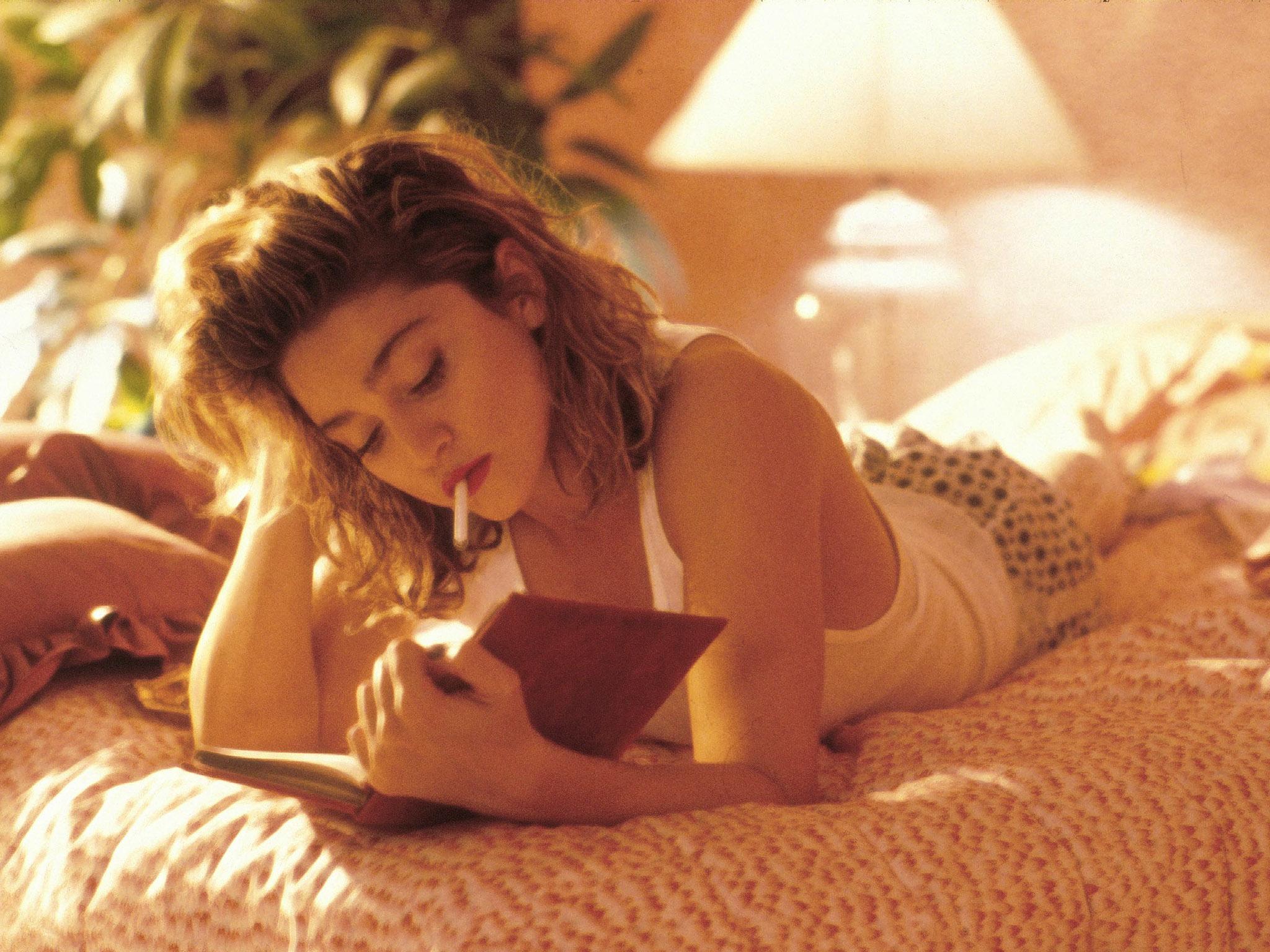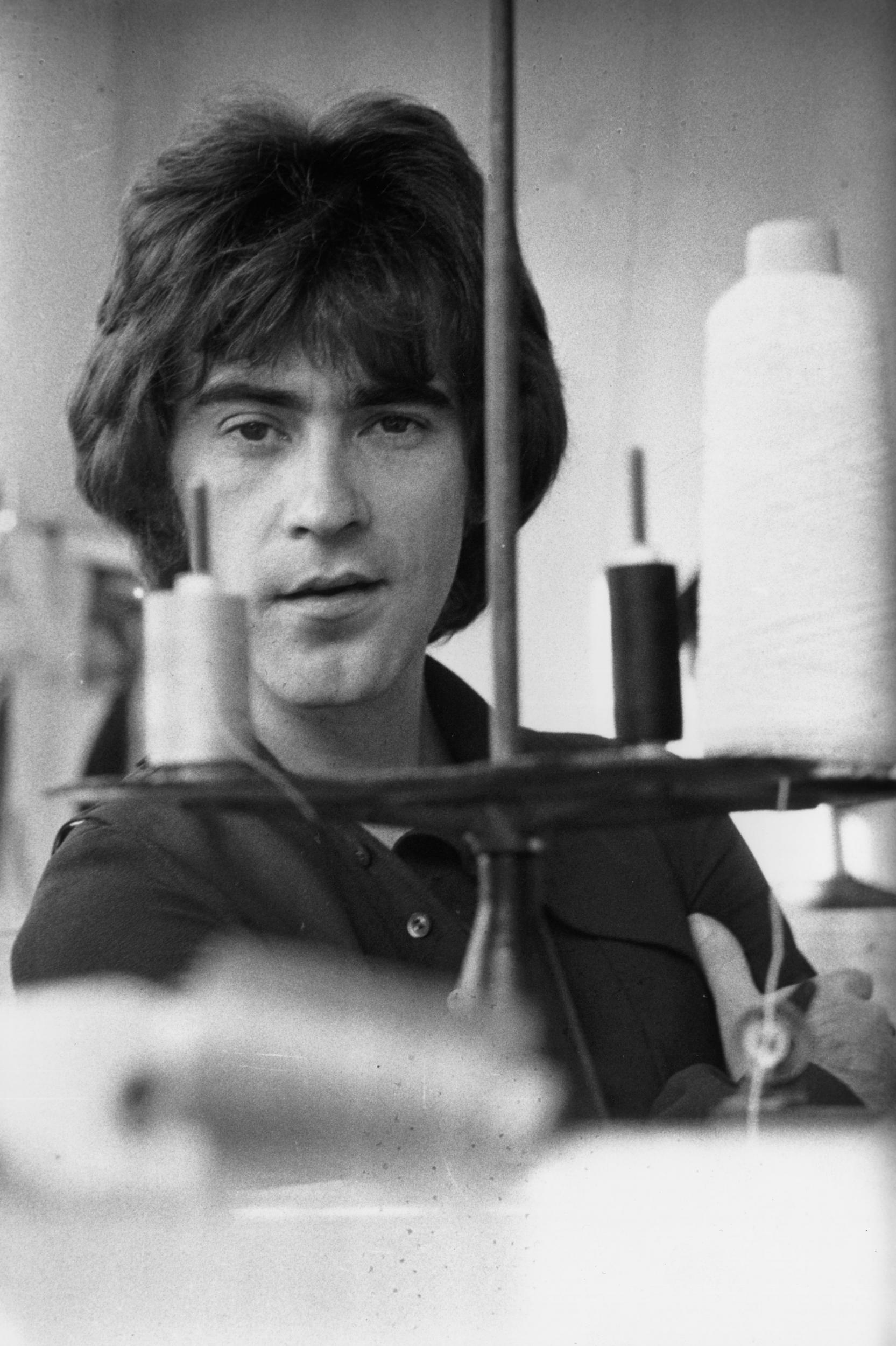Dear Diary: Could keeping a journal be the key to wellness?
From apps to meditation, mental health and wellness is at the forefront of our minds. But what if it's as simple as keeping a diary, asks Christine Manby


It’s not that time again – yet. New Year’s Eve is still a long way off. But for this week’s wellness hack, I’d like to propose something that we generally tend to think about at the turn of the year. It’s keeping a diary. I don’t mean just noting down your appointments in your smartphone’s calendar, but spending a little time each day to record what happened in the previous 24 hours and reflect upon how it made you feel. The kind of diary that Samuel Pepys kept.
I’ve never managed it for very long. Keeping a diary feels like a busman’s holiday for me as a writer, when for several hours every working day and most weekends I am chained to a laptop, churning out words by the thousand like that chimpanzee who would write the entire works of Shakespeare if he were only at the desk for long enough.
That said, I did keep a diary as a teenager. Sporadically. I have three diaries from the eighties, which I began each New Year and managed to keep for just a few weeks at a time. My favourite is the diary from 1983, when I was 12. I’d met a boy at a school disco. He asked me to go to the cinema to see the new Indiana Jones film. We’d be accompanied by his big sister, who was in the sixth form. It was an afternoon date with a chaperone but my parents still refused to let me go. Incensed by the unfairness, I scribbled that day’s diary entry in furious red pen, finishing my complaint with the cri de coeur, “I’m 12, dammit!” Thirty-five years later, I know if that I had a 12-year old daughter and a boy asked her out, I’d put her in one of those harnesses to stop toddlers from running out into the road.
The last time I wrote a diary I was 18 and studying for my A-levels. I think I had the sense that something momentous was about to happen. If something momentous did happen after 11 February, I neglected to make a note. I like to think I was living by the actress Tallulah Bankhead’s maxim, “Only good girls keep diaries, bad girls don’t have time.”

As a twenty-something freshly moved to London, I saw how a diary should be written when I got a job helping author Lady Henrietta Rous prepare the diaries of the late Ossie Clark for publication. Fashion designer Clark was no quitter when it came to recording his life. And what a life it was. His diaries, which spanned decades, were peppered with all the big names from the Sixties, Seventies and Eighties – the rock stars, the film stars, the politicians. Clark’s diaries were also visually beautiful, as one would expect from a designer who inspired Yves Saint Laurent, Manolo Blahnik and Tom Ford.
He wrote in rainbow colours, setting the words in triangles, circle and spirals of ever decreasing size. Clark has a dry wit that makes some of his anecdotes laugh out loud funny but the final entry in Clark’s diaries, made in the summer of 1996, is unbearably poignant. It’s a note for his former boyfriend Diego Cogolato. 5 August. Diego, gone to Holland Park. Come there if you like. A day later, Cogolato stabbed Clark to death.

Clark’s life story had the ultimate unhappy ending but rereading his diaries recently got me thinking. I wasn’t lucky enough to have known Clark in life but working on his diaries left me feeling that I had. If his diaries helped me to know him, did they help him to know himself and carry him through the low points? Between dazzling moments in the celebrity spotlight, Clark experienced periods of deep depression, when the colourful pages turned monochrome. All the same, Clark kept writing.
Keeping a diary is recommended by many mental health specialists as a way of coping with depression. It can help with the management of anxiety, stress and overwhelming emotion. It’s believed that journaling achieves these things by offering a means to track feelings and symptoms so that you can spot triggers. It can help you to prioritise problems and worries. It offers a space for positive self-talk. It can also show up where you have repetitive negative thoughts and behaviours. Franz Kafka nailed it. “One advantage of keeping a diary is that you become aware with reassuring clarity of the changes which you constantly suffer.”

There are plenty of scientific studies that back up the anecdotal benefits of daily writing for mental health. In 2005, a study by Stanford University’s department of psychiatry and behavioural sciences discovered that expressive writing could reduce symptoms of depression in female victims of domestic violence.
In 2006, researchers at the University of Texas’s department of psychology, found that journaling could be as effective as CBT in reducing depression in adolescents and also that keeping a diary helped college students to reduce the frequency of brooding and rumination, which contribute to depressive symptoms. A more recent study, in 2013, by psychologists at the University of Michigan, found that subjects diagnosed with Major Depressive Disorder reported lower depression scores after only three days of expressive writing for just 20 minutes a day.
One advantage of keeping a diary is that you become aware with reassuring clarity of the changes which you constantly suffer
In a blog for Mind.org, Muna Hassan describes how daily writing helps her to maintain her mental health. “These sessions feel like therapy but even better. There are no time constraints involved and I could go as deep as I wanted with my thoughts or just stay on the surface. When I first started to journal I was heavily frustrated with the lack of help afforded to people like me. I also didn’t have anyone that could relate to these types of experiences and so I felt totally alienated.
“My writing started to gradually change this mind-set... The journaling serves more than one purpose to me. My writings hold me accountable as they remind me of where I came from but also how far I have to go still. They remind me of what I had to do to get where I am today making it impossible not to appreciate or love myself that bit more.”
As Hassan points out, and we all know, there’s a dearth of support for mental health issues, which is due to a lack of funding and available expertise. In such a situation, which probably won’t be solved any time soon, keeping a diary as a wellness strategy has many advantages. It’s only as expensive as your choice of pen and notebook.
But whether we feel in need of therapy or not, journaling is a great way to parse the past and use the insights it throws up to help plot the future. Make it interesting enough and it could even be your future. As actress Mae West, whose seven decade-long career in Hollywood was worthy of a volume or two, is reported to have said: “Keep a diary and some day it will keep you.”
Join our commenting forum
Join thought-provoking conversations, follow other Independent readers and see their replies
Comments